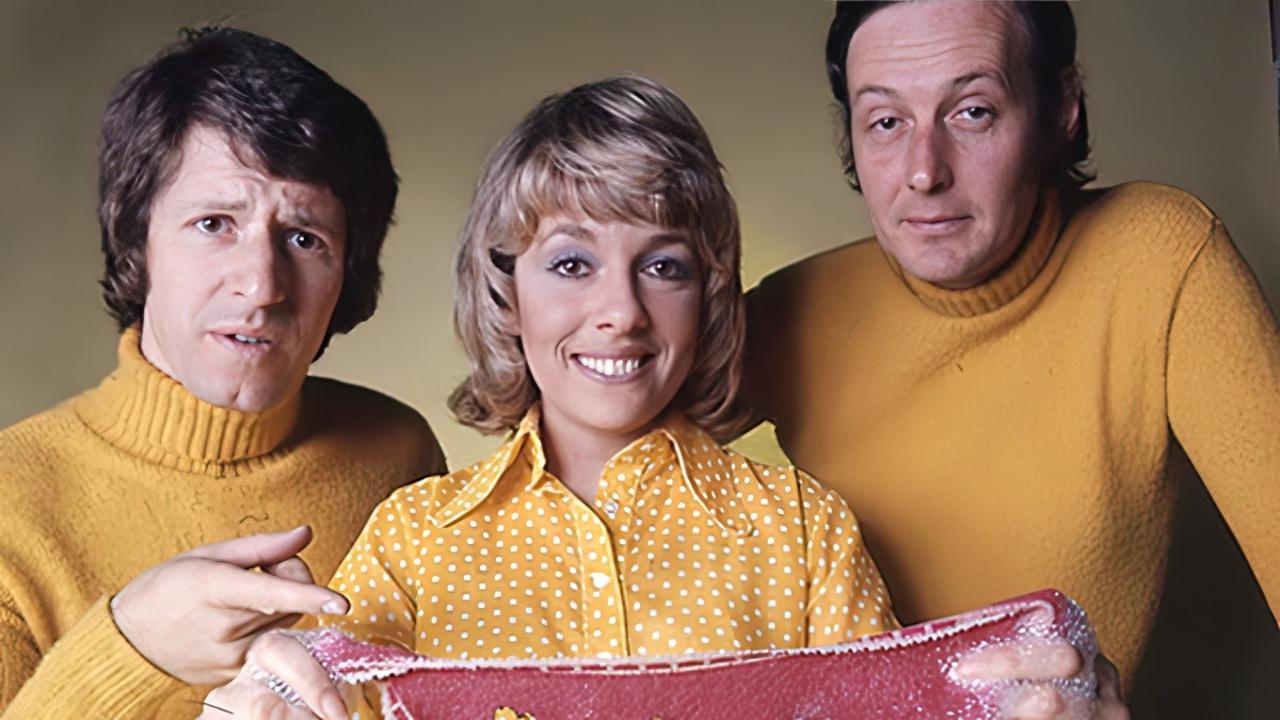

BBC One
Featured Show:
That's Life!
A magazine-style television series on BBC1 which was broadcast from May 1973 to June 1994, presented by Esther Rantzen, with various changes of co-presenters. The show presented hard-hitting investigations alongside satire and occasional light entertainment.
BBC One TV Shows
2485 shows • Page 103 of 125
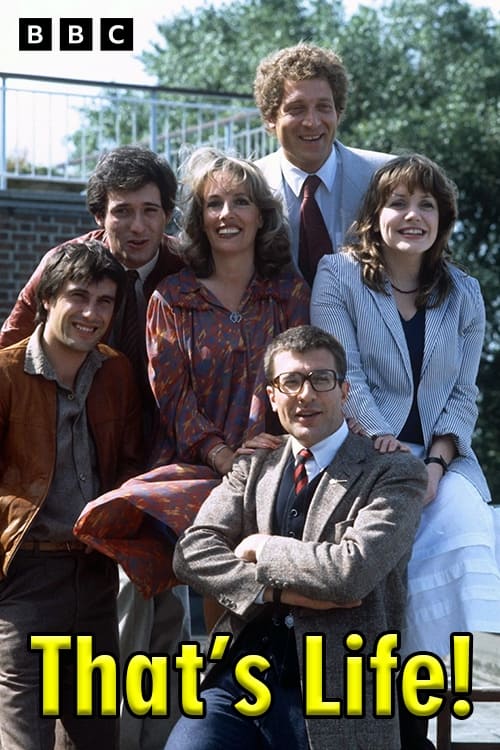 0
0That's Life!
A magazine-style television series on BBC1 which was broadcast from May 1973 to June 1994, presented by Esther Rantzen, with various changes of co-presenters. The show presented hard-hitting investigations alongside satire and occasional light entertainment.
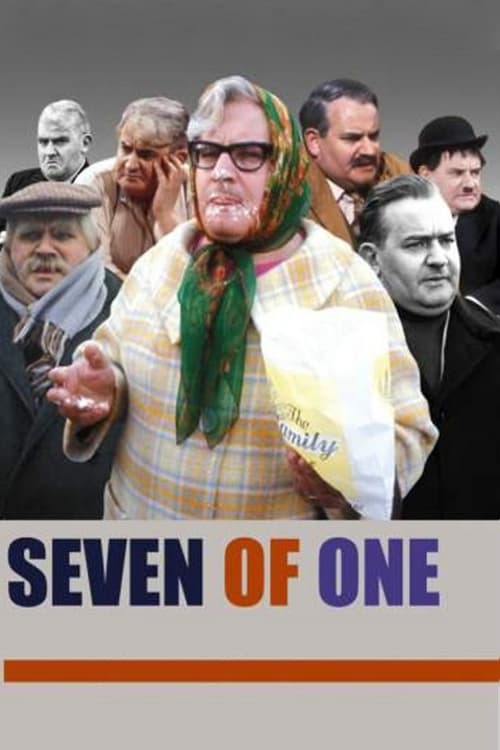
Seven of One
Seven of One was a British comedy series that aired on BBC2 in 1973. Starring Ronnie Barker, 7 of One is a series of seven separate comedies that would serve as possible pilots for sitcoms. Originally it was to be called Six of One, which Barker planned to follow up with another series called Half Dozen of the Other. This was a BBC version of a similar showcase for LWT called Six Dates with Barker created in 1971.
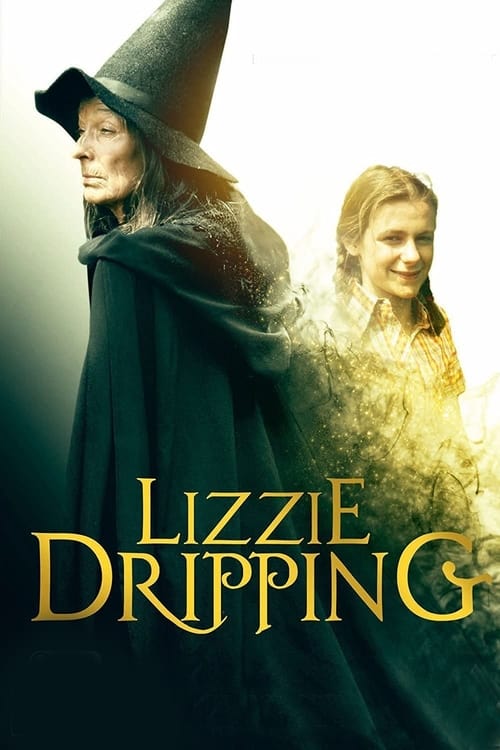
Lizzie Dripping
Lizzie Dripping was a British television children's programme produced by the BBC in 1973 and 1975. It was written by Helen Cresswell and set in the country village of Little Hemlock, where a young girl, Penelope, with a vivid imagination encounters a local witch whom only she can see and hear. This singular ability is further complicated by the fact that Penelope has established a reputation for being an imaginative liar, making it even more difficult for her to convince others that her witch is real.
 0
0A Little Princess
Based upon the novel A Little Princess by Frances Hodgson Burnett.
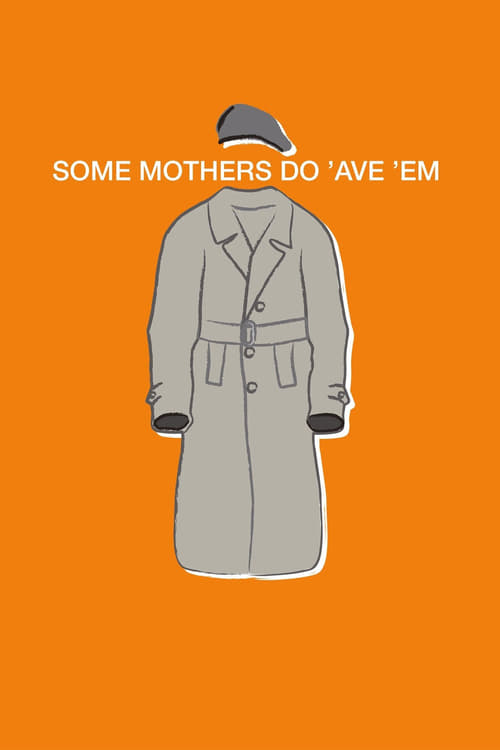
Some Mothers Do 'Ave 'Em
Meet Frank Spencer, an eager young man trying to find his way in the world. He's enthusiastic, well-meaning... and disaster-prone.
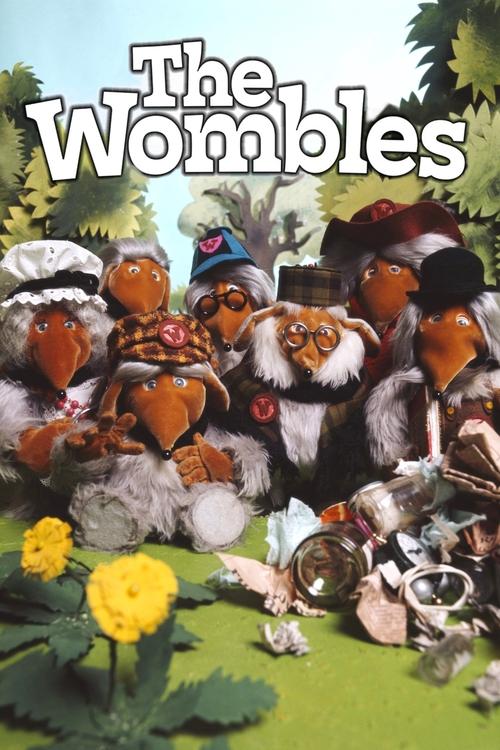
The Wombles
The misadventures of a small community dedicated to cleaning up litter and putting it to their own use.

Whoops Baghdad
Whoops Baghdad is a BBC television comedy programme first broadcast from 25 January to 1 March 1973. The series stars Frankie Howerd, and was similar to his earlier programme Up Pompeii!, with the setting moved from Ancient Rome to mediaeval Baghdad. However, it was significantly less successful than its predecessor, only running for six episodes and is little remembered, although all episodes survive. The original proposed title, Up Baghdad, was rejected because it was felt that it might have been seen as supportive of the then-current Iraqi regime.

Whatever Happened to the Likely Lads?
Whatever Happened to the Likely Lads? is a British sitcom which was broadcast between 9 January 1973 and 9 April 1974 on BBC1. It was the colour sequel to the mid-1960s hit The Likely Lads. It was created and written, as was its predecessor, by Dick Clement and Ian La Frenais. There were 26 television episodes over two series; and a subsequent 45-minute Christmas special was aired on 24 December 1974. The cast were reunited in 1975 for a BBC radio adaptation of series 1, transmitted on Radio 4 from July to October that year. In 1976, a feature film spin-off was made. Around the time of its release, however, Rodney Bewes and James Bolam fell out over a misunderstanding involving the press and have not spoken since. This long-suspected situation was finally confirmed by Bewes while promoting his autobiography in 2005. Unlike Bewes, Bolam is consistently reluctant to talk about the show, and has vetoed any attempt to revive his character.
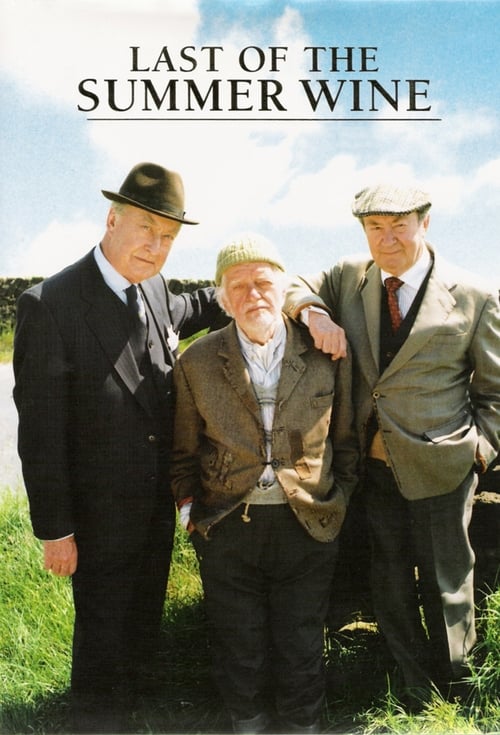
Last of the Summer Wine
Unencumbered by wives, jobs or any other responsibilities, three senior citizens who've never really grown up explore their world in the Yorkshire Dales. They spend their days speculating about their fellow townsfolk and thinking up adventures not usually favored by the elderly. Last of the Summer Wine premiered as an episode of Comedy Playhouse in 1973. The show ran for 295 episodes until 2010. It is the longest running comedy Britain has produced and the longest running sitcom in the world.
 0
0Thursday's Child
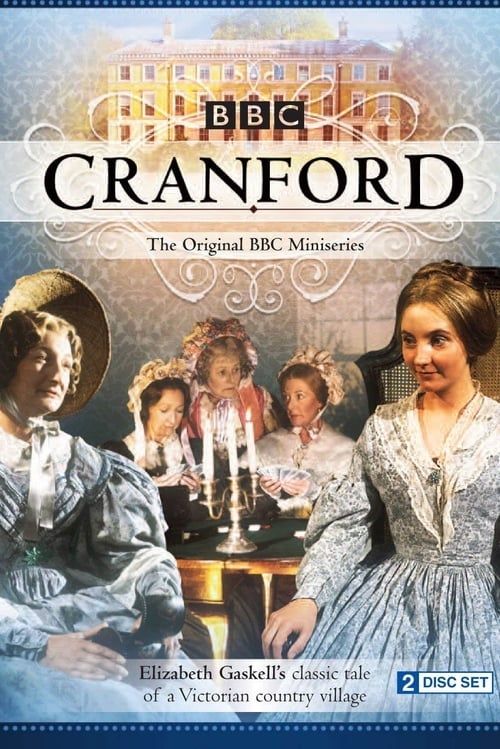
Cranford
Set in the early 1840s, this is the original BBC miniseries of Elizabeth Gaskell's classic tale of a fictional Victorian country village in which the genteel ladies of Cranford struggle to face an uncertain future with dignity and 19th Century decorum.
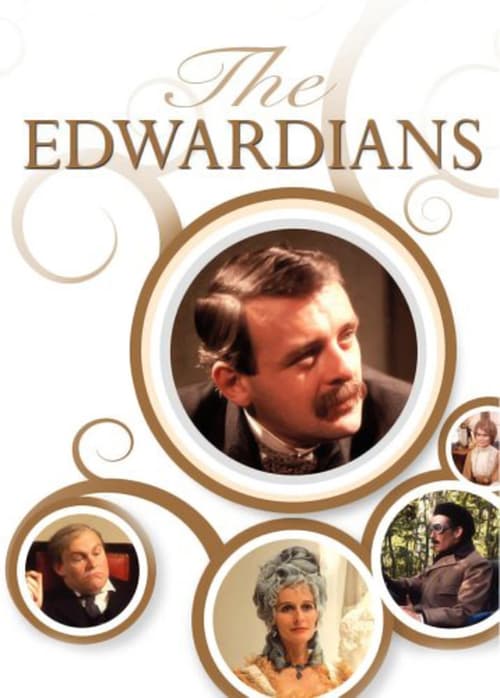
The Edwardians
The Edwardians is an eight-part miniseries broadcast in 1972–73. An anthology, each 90-minute episode explores influential figure(s) of the Edwardian era: Charles Rolls and Henry Royce; Horatio Bottomley; E. Nesbit; Sir Arthur Conan Doyle; Robert Baden-Powell; Marie Lloyd; Daisy Greville, Countess of Warwick; and David Lloyd George.
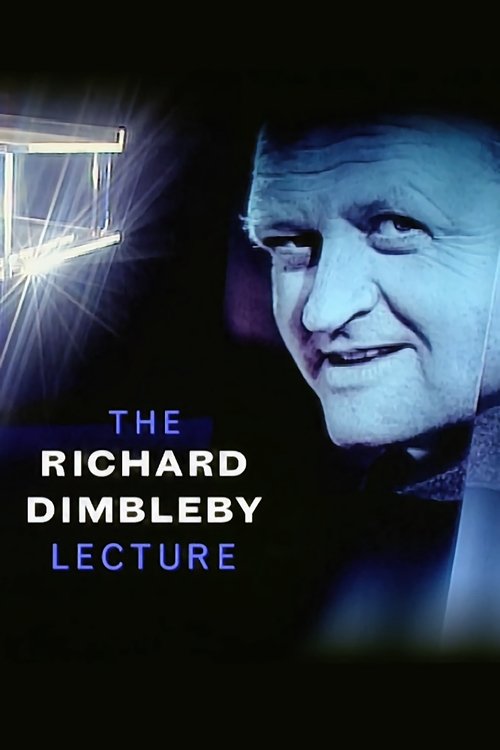 0
0The Richard Dimbleby Lecture
The Richard Dimbleby Lecture was founded in the memory of Richard Dimbleby, the BBC broadcaster. It has been delivered by an influential business or political figure almost every year since 1972.
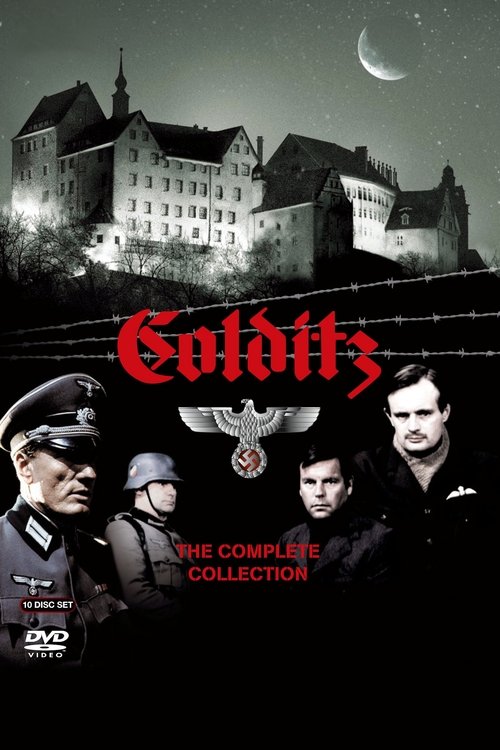
Colditz
Colditz is a British television series co-produced by the BBC and Universal Studios and screened between 1972 and 1974. The series deals with Allied prisoners of war imprisoned at the supposedly escape-proof Colditz Castle when designated Oflag IV-C during World War II, and their many attempts to escape captivity, as well as the relationships formed between the various nationalities and their German captors.
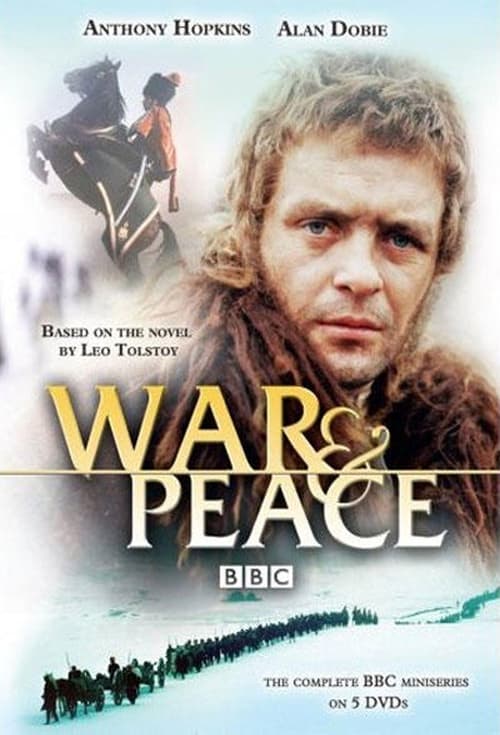
War & Peace
The love story of young Countess Natasha Rostova and Count Pierre Bezukhov is interwoven with the Great Patriotic War of 1812 against Napoleon's invading army.
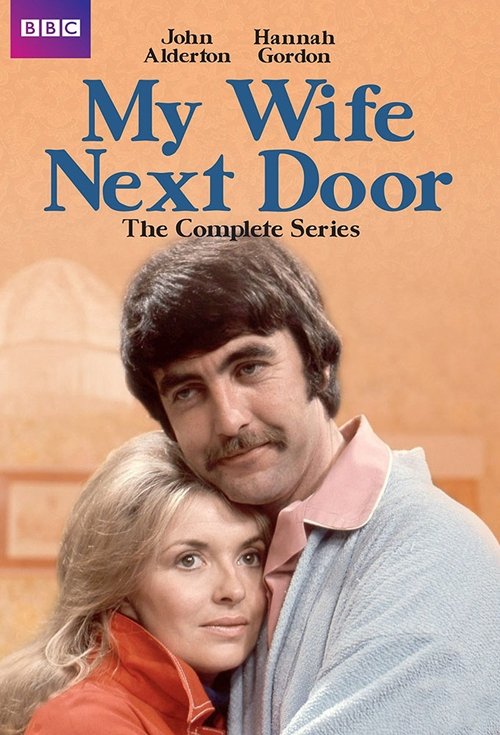
My Wife Next Door
My Wife Next Door is a BBC sitcom created by Brian Clemens which was written by Richard Waring and was first broadcast in 1972. It ran for 13 episodes and focused on a couple, George Basset and Suzie Basset. Each tries to start afresh after their divorce. They move to the country, only to find that they have moved into adjoining cottages. When the series was repeated in 1979, it gained better ratings than its first outing and topped the BBC1 weekly ratings several times during the repeat run. This was in part due to the ITV strike that limited British viewing to BBC1 and BBC2 for several weeks.
 0
0Nairn Across Britain
Ian Nairn travels through Britain and takes a critical look at the townscapes and landscapes in which we live.
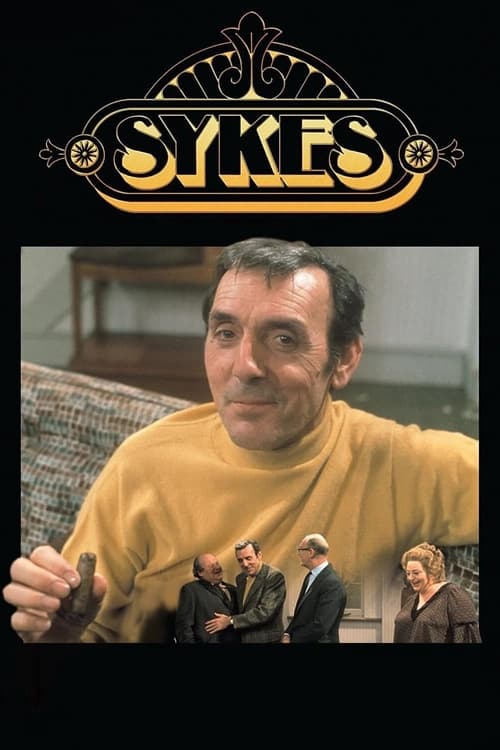
Sykes
Classic sitcom starring Eric Sykes and Hattie Jacques as brother and sister twins who have to tackle the trials and tribulations of suburban life.

Mastermind
Mastermind is a British quiz show, well known for its challenging questions, intimidating setting and air of seriousness. Devised by Bill Wright, the basic format of Mastermind has never changed — four and in later contests five contestants face two rounds, one on a specialised subject of the contestant's choice, the other a general knowledge round. Wright drew inspiration from his experiences of being interrogated by the Gestapo during World War II. The atmosphere is helped by Mastermind's famously ominous theme music, "Approaching Menace" by the British composer Neil Richardson. The quiz programme originated and was recorded in Manchester at studios such as New Broadcasting House and Granada Studios, before permanently moving to MediaCityUK in 2011.
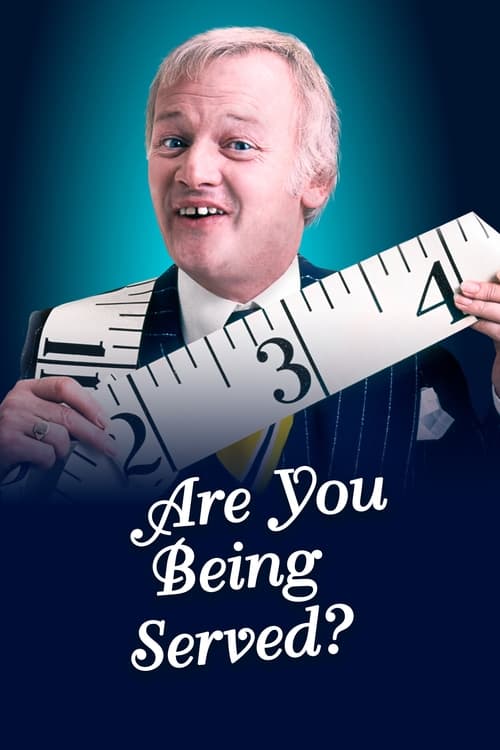
Are You Being Served?
This comedy series, which follows the exploits of employees at London's fictional "Grace Brothers" department store, is full of sexual innuendo, slapstick, visual gags, and double entendres. Much of the show's humor parodies Britain's class system, and many of the show's characters are based on stereotypes of the period, including the effeminate Mr. Humphries and the rich, but stingy, store owner.